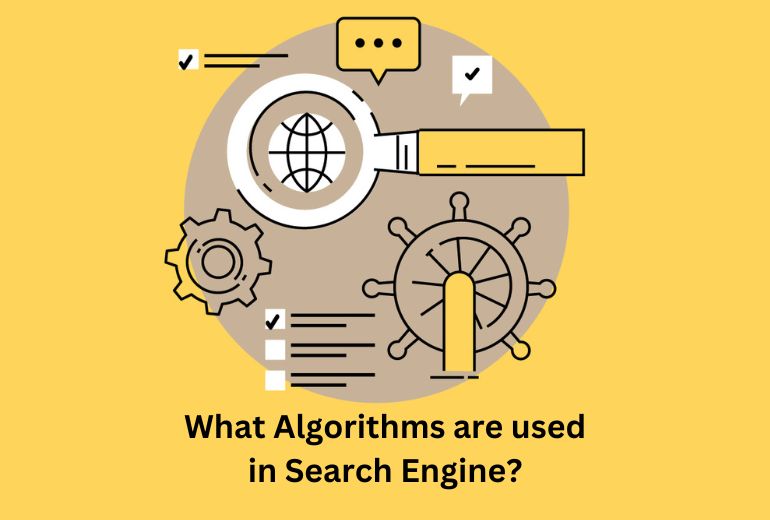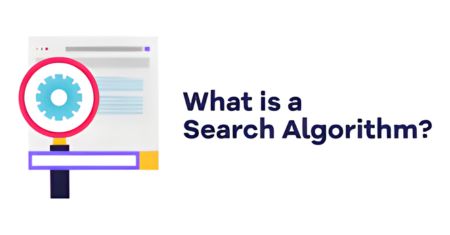What is a search engine algorithm?
A search engine algorithm is a collection of
formulas that determine the quality and relevance of a particular ad or web
page to a user's query.
Google reportedly changes its algorithm hundreds of times a year. The good news: Only big changes (or updates) can make a big difference to SEM campaigns.
One of the biggest mistakes marketers make is to focus all their efforts on frantically adjusting the campaign to these patterns instead of looking the bigger ones. picture .
How do search engine algorithms work?
Search engines prioritize user experience.
Google managed to become the most popular search engine on the planet by
creating sophisticated algorithms that improve the search process using
sophisticated tactics that serve users the information they are looking for.
The algorithm works with all kinds of
contextual details, from obvious clues like the perceived quality of the
content to the spam history of the website owner.
In short Google uses more than 200 ranking
factors to determine which results are displayed and in what order.
However, no matter how well you adapt to them,
each new update can increase your efforts. While the updates may focus
primarily on organic search, they may have less obvious (but painful) effects
on paid search as well.
Types of Search Engine Algorithm Updates
Not all updates are the same - It is almost
impossible to keep up with all the updates from Google and still have time to
focus on your marketing strategy.
• Major Updates:
These updates are infrequent and often fix a specific search algorithm problem.
For example, a recent update to Core Web Vitals addresses user experiences for
websites. Search engines usually issue these once or twice a year.
• Broad Updates:
Updates in this category focus on targeting low-quality pages. They usually
regulate the importance of several investment factors. For example, they may
decide that page load speed is now more important than the total number of
backlinks. These updates usually happen every 4-5 months.
• Minor Updates:
These updates usually don't cause major noticeable changes to your site's
performance and analytics. These are often small improvements that improve the
searcher's experience and do not affect the ranking of quality sites. Small
updates can be rolled out daily or weekly.
Basically, big and comprehensive updates are
worth your attention. But only a few of them are strong enough to have a
significant impact on your ranking.
BERT Update
Google released a major algorithm update in
2019 called BERT. The goal of this update was to improve the search engine's
translation of natural conversational language queries to improve contextual
understanding.
This has forced marketers to pay more attention
than before to user intent. Whereas before BERT you had to focus on individual
keywords in a search phrase, entire phrases have become much more important
after the update.
For example, a
query for "cook your own vegetables" should not return only a list of
vegetable cooking tips. It should also give advice on how to cook your own
grown and harvested vegetables. Paid ads, on the other hand, had to be much
more precisely targeted to remain relevant to search queries.
With each new Google update, the search
engine's algorithms strive to be more useful to the searcher. Unfortunately,
predicting certain changes is almost impossible for digital marketers.
Understanding the overall goal of improving the
search experience can help you adjust your search engine marketing strategy so
that it doesn't suffer when new updates go live.
MUM Update
2021. In May of this year, Google announced the
update of Multitask Unified Model, or EMA. This artificial intelligence is
designed to analyze content just like a human. Google calls MUM a powerful
evolution of the BERT algorithm.
MUM is designed to handle complex search
queries that cannot be satisfied with a short snippet. To get answers to these
types of questions, a user must perform an average of eight searches.
To solve this problem, MUM tries to predict
these searches and provide answers on the first search engine results page
(SERP).
You change MUM. SEM strategy to focus on the
following topics:
• Quality internal linking system
• Leverage structured data
• Anticipate complex questions as part of the buyer's
journey so you can provide answers.
• Create multi-level content and breaking it
down to pieces
In conclusion, any digital marketer looking to optimize online presence must understand the algorithms that drive search engines. Through this investigation, you have learned about the complex workings of search engine algorithms from Social Rahu | top digital marketing agency. We now know that relevance, high-quality content, user experience, and reliability are all important for ranking well on search engine results pages (SERPs), thanks to tools like Google's PageRank and the constantly changing BERT and Rank Brain updates. By keeping up with algorithmic changes and putting SEO best practices into practice, you'll be well-positioned to successfully negotiate the ever-changing world of digital marketing. In order to understand the algorithms and maximize your online presence for long-term success, let Social Rahu be your go-to partner. Together, we'll unleash the capacity to achieve unprecedented heights.






